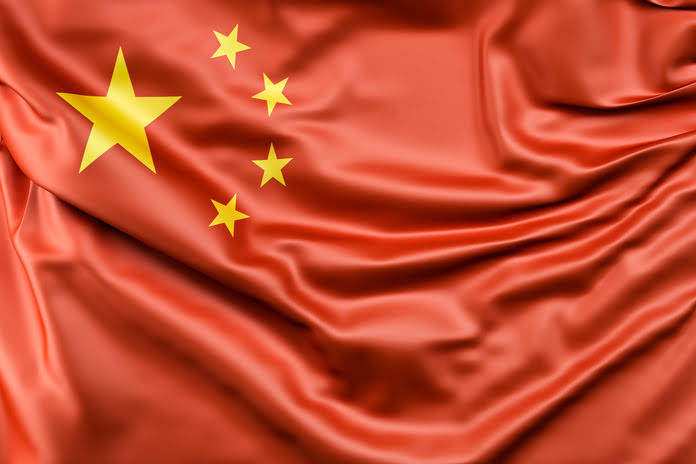China has strongly objected to the recent adjustments made by the U.S. Commerce Department to export controls, aimed at preventing the export of advanced computer chips and related manufacturing equipment to China. These revised regulations come about a year after the initial export controls were put in place to curb the utilization of these chips for military purposes, including the development of hypersonic missiles and artificial intelligence.
China’s Commerce Ministry has labeled these controls as “improper” and has urged the U.S. to remove them promptly. According to the ministry, the semiconductor industry operates within a highly globalized environment, and the limitations on chips used for advanced applications like artificial intelligence are causing disruptions in regular trade and economic activities. The ministry argues that these restrictions breach international trade rules and pose a severe threat to the stability of industrial supply chains.
The Chinese Commerce Ministry also claimed that U.S. semiconductor companies have incurred substantial losses, and semiconductor firms in other countries have been adversely affected as well. However, specific details about the measures China plans to take to protect its interests were not provided.
U.S. Commerce Secretary Gina Raimondo defended these restrictions, emphasizing that they are intended to safeguard technologies with significant national security or human rights implications. She clarified that the majority of semiconductor exports will remain unaffected, but when national security or human rights concerns arise, the U.S. will act in collaboration with its allies to address them.
These updates were made following consultations with the industry and technological analyses. They introduce a gray area for monitoring chips that could potentially be used for military purposes, even if they do not meet the criteria for trade limitations. Additionally, the export of chips to companies based in Macao or under a U.S. arms embargo can also be restricted to prevent them from supplying chips to China.
Furthermore, the modifications introduce new requirements that make it more challenging for China to produce advanced chips in other countries. The list of manufacturing equipment subject to export controls has been expanded, among other changes.
China regards the design and manufacturing of high-level semiconductors as crucial for its economic and geopolitical objectives. Raimondo asserted that the limitations on these chips are not intended to impede China’s economic growth.
While there were discussions about sharing information regarding the export controls in an August meeting between Raimondo and her Chinese counterparts, the U.S. government did not engage with China regarding the specifics of the revised export controls.
Chinese officials are slated to attend a summit of the Asia-Pacific Economic Cooperation forum in San Francisco in November. President Joe Biden has suggested the possibility of a meeting with Chinese President Xi Jinping on the sidelines of the summit, though such a meeting has yet to be confirmed. The two leaders previously met last year after the announcement of the export controls, following the Group of 20 summit in Bali, Indonesia.
Featured Image: Freepik















